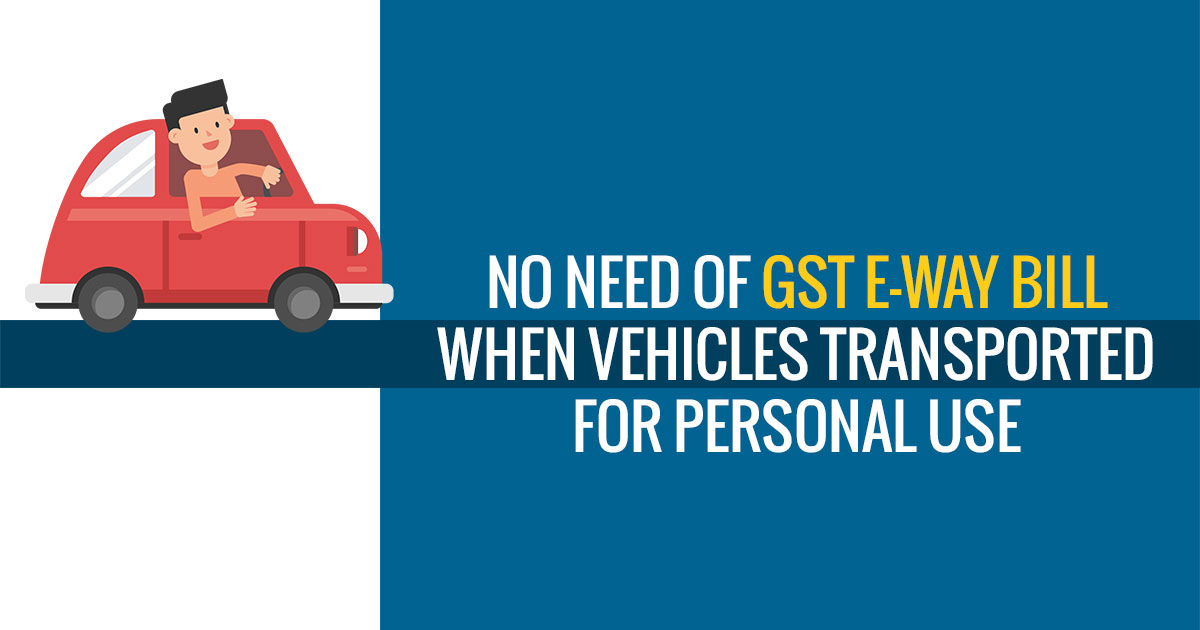A recent ruling by the Kerala High Court states detention of vehicles transporting personal effect goods without e-Way Bill as invalid. Under the GST regime, an e-Way bill must be furnished against transport of goods whose value exceeds Rs. 50,000.
The Case Before The Division Bench
The case pertains to the transport of a car purchased and temporarily registered in Puducherry to Thiruvananthapuram. The dealer charged IGST (Integrated Goods and Services Tax) from the buyer but the consignment was later detained in Kerala for want of E-Way Bill.
The buyer filed a writ petition and the Single Judge denied release of the vehicle and sentenced an adjudication on whether Section 129 of the Kerala State Goods and Services Tax Act, 2017 comes into effect on failure to upload e-way bill for transport of a car purchased in a different state or union territory.
Read Also: Solution Regarding Most Important Questions About GST E Way Bill
Based on the first impression, the two-judge bench presided by Justices Vinod Chandran and Ashok Menon ruled that detention of vehicle was not required. The reason for this being that e-way bill for transport of personal goods is not mandatory.
The bench noted that “We do not understand how the State could take a contention that if the car had been driven into the State of Kerala from the U.T. Of Puducherry; then there could not have been a detention under Section 129, since then there would have been no question of uploading of an e-way bill. We cannot also comprehend how an intra-State sale would be converted to an inter-State sale merely for reason of it being transported in a carriage. A purchase of, say, a Television by a resident of Kerala from Bangalore would be an intra-State sale and the nature of the supply, whether it be an interstate or intrastate, would not depend on whether the purchaser carries it as a head-load through the borders or transports it through his own conveyance or through a transporter.”
Recommended: New Mandatory Rule Introduced To Generate GST E Way Bill
- Upon Sale, the car was in possession of the purchaser. The incidence of the tax is on the supply and is not concerned with the nature of transport.
- Supply of car terminated once the purchase was made.
- Registration was in the name of the purchaser and hence the supply now falls into “used personal effect” category.
The detention was invalid and illegal on grounds that the sale had changed hands and transport was related to personal effects.









